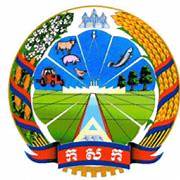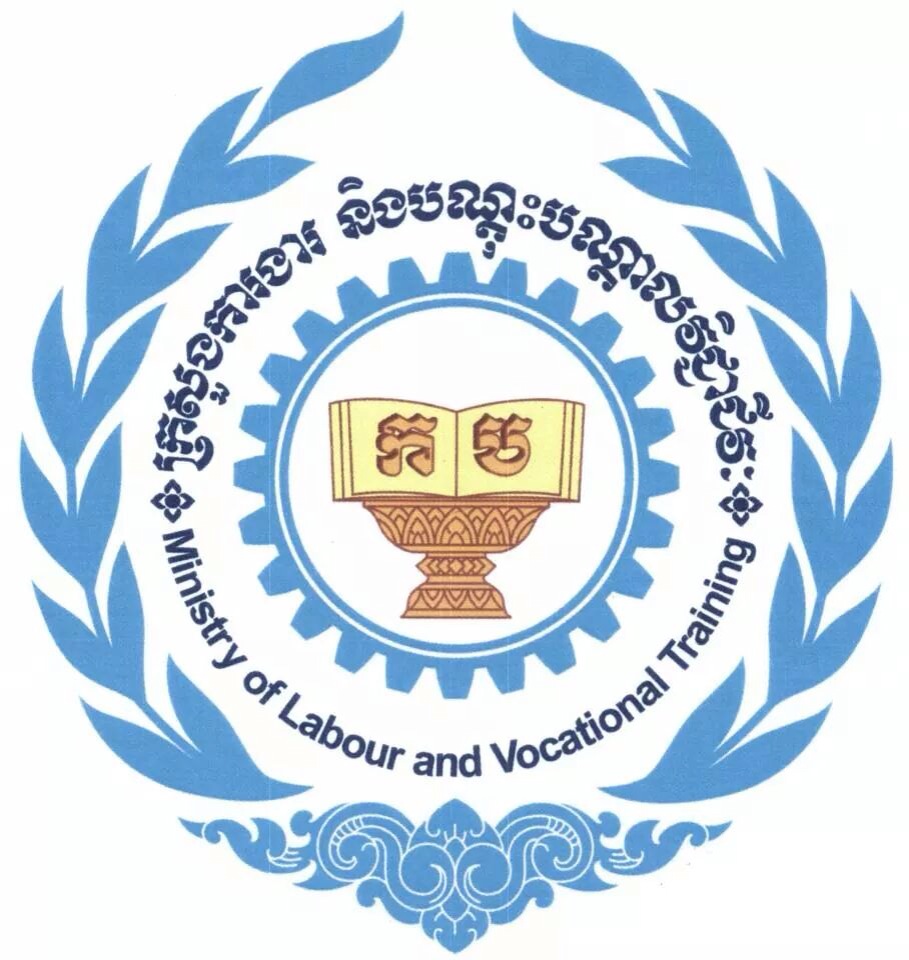Issue Description
The current Labour Law in Cambodia sets out a framework, outlining the relations between employers and employees, and sets out the working conditions applicable to all private sectors active in the national economy. Agriculture is generally seen as a rural-operated enterprise, which has given rise to the unique demands placed on the agriculture sector businesses employing workers.
These additional obligations specified by the Law – that other sectors are not required to adhere to – are set out in Chapter 7 of the Labour Law, which stipulates the specific working conditions that agricultural businesses must provide for their employees and families to ensure compliance. These obligations include free housing or an allowance, utilities, food, day-care nurseries, and the construction of their own schools. In addition, Chapter 8 Section 3 of the legislation places further obligations on all enterprises, requiring an infirmary for companies with a workforce of 50 or more, with a mandatory full-time labour Physician, as described in Chapter 8 Section 3.
While these conditions add a substantial expense to the operations of agricultural businesses, many recognise that this is part of the cost of doing business in the sector in Cambodia, as it fulfils the basic needs of employees situated far from the normal day-to-day luxuries of city life. Although these added benefits are often not taken into consideration when evaluating the actual wages that workers receive, they act as an incentive to attract labour to work with the enterprises in rural areas.
Despite all these added benefits, agricultural enterprises are still struggling to retain labour due to mass urbanisation, an ageing rural population and migrant workers. The labour that does stick with the enterprises tends to move in and out of employment due to their need to cultivate their own smallholder farms.
These circumstances are not taken into account by the Labour Law, and the recognised forms of work contracts – the UDC (Unspecified Duration Contract) and FDC (Fixed Duration Contracts as described in Chapter 4) – do not make it possible to employ these labourers over longer periods of time as they will be moving in and out of the business in an informal way.
Coupled with this informal movement comes the financial burden that agricultural enterprises need to carry, as set out by the Ministry of Labour and Vocational Training and the Ministry of Economic and Finance in Prakas No.335 dated 27 March 2020 to enact Prakas No.714 dated 19 July 2019 on official government fees.
Below are the key highlights of the Prakas:
|
No. |
Description |
Official Fee (Riels) |
Validity |
|
1 |
Physical Check-up for local employees (at the MLVT) |
20,000 |
1 year |
|
|
Physical Check-up for local employees (at private rural clinic) |
40,000 |
2 year |
|
2 |
Physical Check-up for foreign employees (at the MLVT) |
100,000 |
1 year |
|
3 |
Certification on Physical Check-ups for local/foreign employees |
20,000 |
1 year |
|
4 |
Enterprise Opening Registration |
120,000 |
Permanent |
|
5 |
For various enterprises including: (1) enterprises employing more than 100 employees; |
||
|
5.1 |
Enterprise Book Registration |
80,000 |
Permanent |
|
5.2 |
Registration of Payroll Book/approval of E-payroll |
80,000 |
Permanent |
|
5.3 |
Internal Work Rules Registration |
600,000 |
Permanent |
|
5.4 |
Approval of Employment Contract Suspension |
480,000 |
2 months |
|
5.5 |
Approval on Overtime Work |
100,000 |
2 months |
|
5.6 |
Approval for Overtime Work on Weekly Days-off and Paid Public Holidays |
100,000 |
1 month |
|
5.7 |
Regular labour inspection (once per year for enterprises under sectors of garment, textile, footwear, travel and bag products and similar products) |
1,000,000 |
1 year |
|
5.8 |
Regular labour inspection (once per year for enterprises other the sectors of garment, textile, footwear, travel and bag products and similar products) |
400,000 |
1 year |
|
5.9 |
Issuing Recognition Letter for Shop Steward Election |
250,000 |
2 years |
|
5.10 |
Approval on the Use of Child Labour between 12-15 years’ of age or between 15-18 years’ of age |
800,000 |
1 year |
|
5.11 |
Apprenticeship Application |
5,000 |
1 year |
|
5.12 |
Issuing Work Book for Local Employees |
20,000 |
Permanent |
|
5.13 |
Registration on Declaration of Movement of Personnel “IN” or “OUT” |
4,000 |
Permanent |
|
5.14 |
Issuing Work Permit to Foreign Employee |
520,000 |
1 year |
|
5.15 |
Issuing Quota Approval for the Employment of Foreign Employee |
200,000 |
1 year |
|
5.16 |
Registration of Foreign Employee’s Employment Contract |
40,000 |
N/A |
We thank the Ministry for its foresight in developing this practical guideline to attract employees. However, we remain concerned about the costs for agricultural enterprises regarding the employment process, the cost of health checks, and the structures of the labour contracts. An additional cost for these enterprises is the cost of transporting labour for health checks and the cost of these checks at private clinics in rural areas, which increases the cost of employment.
Impact on business
The current high cost of employment, including the cost of basic wages and added benefits, coupled with the constant movement of labour in rural areas, makes it unduly expensive to run an agri-enterprise and still be profitable. Cambodian agri-enterprises, on the whole, strongly believe in paying the labour their worth, but the cost of doing business should not exceed the benefit from doing such business. Commercial operators already struggle to compete within the highly competitive market, as smaller agricultural enterprises and other industries do not need to comply with statutory regulations.
Agriculture used to be one of the biggest employers in Cambodia but has been declining rapidly over the past few years, to the point of employing only about 35% of the current workforce. The increased pressures of employment in agriculture and the cost of employment make it more and more difficult to do business in agriculture in the country.
Recommendation
- Reform labour regulations to accommodate the specific nature of agricultural work.
With agriculture being one of the larger contributors to the GDP (around 22% in 2022) and one of the main sources of employment, members from the sector – represented by EuroCham’s Agribusiness Committee – would like to respectfully recommend that the Royal Government of Cambodia take into consideration the additional benefits, the distance to clinics, and the cost of health checks and employment as additional costs over and above the current benefits already provided by agricultural businesses when implementing new labour reforms to ensure that the sector remains competitive. When this is combined with recent labour reforms such as the National Social Security Fund, seniority indemnity payment, and the pension scheme, the cost-effectiveness and economic case for commercial agriculture production in Cambodia are already under threat, without the additional burden of a standard minimum wage.
We, therefore, also respectfully suggest that the MAFF enable agricultural enterprises to provide in-house health checks at the infirmaries, as stipulated in the Labour Law, to reduce the cost of health checks.
Finally, we would respectfully recommend that the MAFF explore more flexible formats of labour contracts tailored to agricultural workers, to allow them to move in and out of employment without being terminated under the current arrangements.
This would bring about a reduction in costs for enterprises, ultimately allowing for sustained investment and modernisation of the sector.
Royal government of Cambodia
Initiative from Eurocham: The issue has been raised by Agribusiness Committee within The White Book edition 2024 in the Recommendation No. 21.
On March 15th, 2024, EuroCham sent a letter to the Ministry of Agriculture, Forestry and Fisheries to request a meeting to discuss in detail the issues raised by the Agribusiness committee in the last edition of the White Book, notably on Employment Conditions of the Agricultural Sector. You can find the letter here.

Ministry of Agriculture, Forestry and Fisheries: During the meeting with Secretary of State H.E. Mr. Prak David on 26th June 2024, he said that this a cross-sectoral issue, therefore, the MAFF also encouraged EuroCham to raise this issue to the relevant ministries (e.g., the MoLVT) as well.
National Counterparts

Ministry of Agriculture, Forestry and Fisheries

Ministry of Labour and Vocational Training

